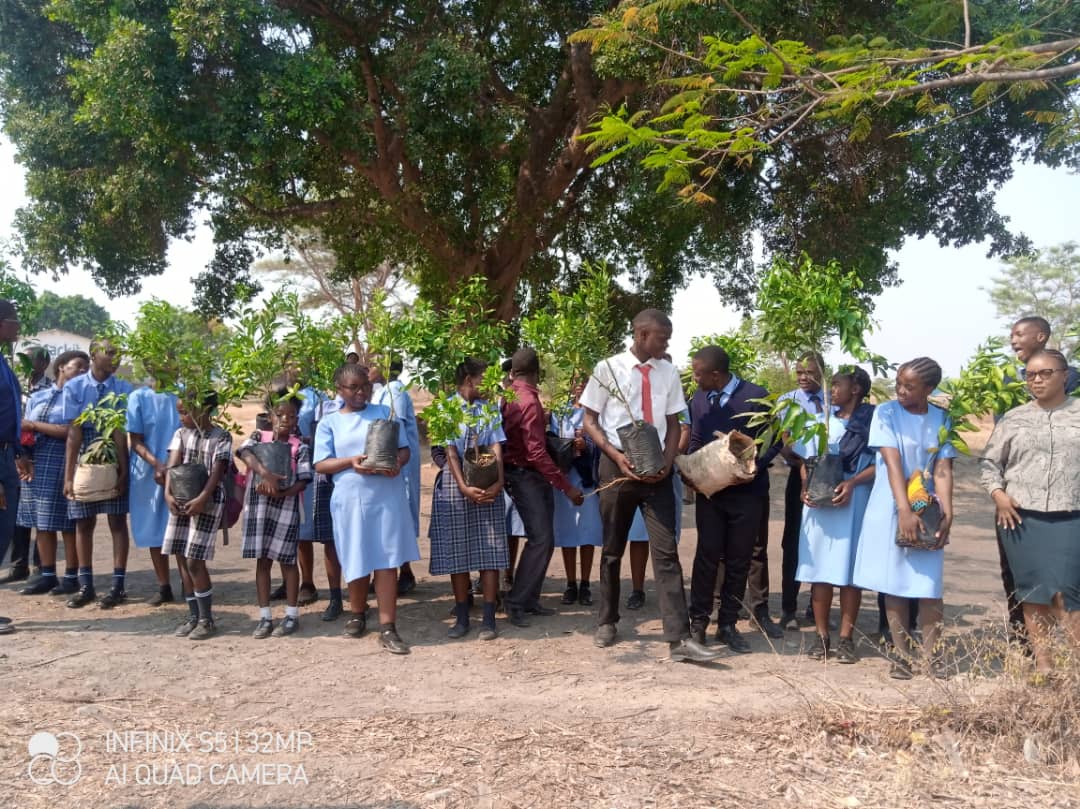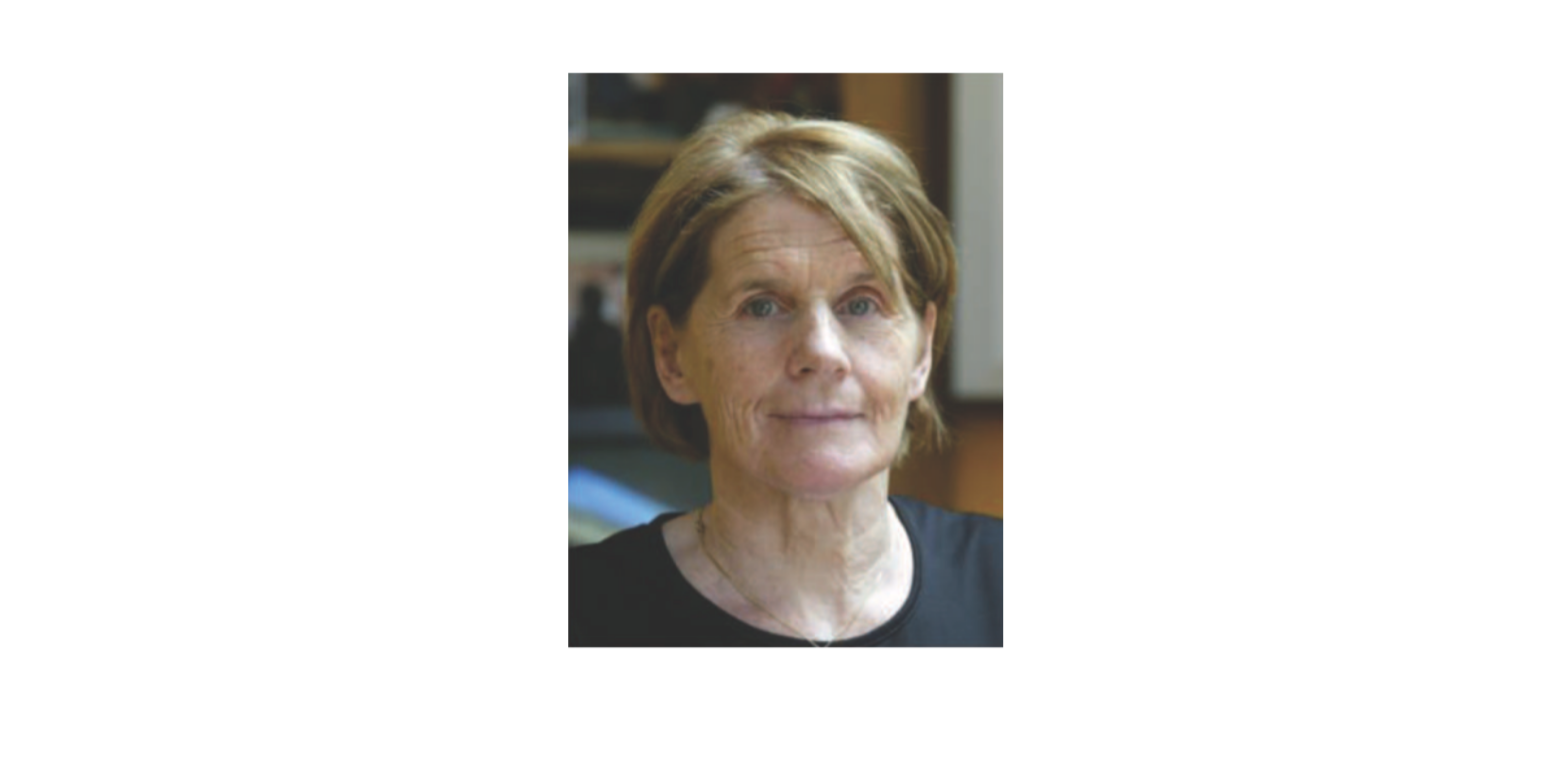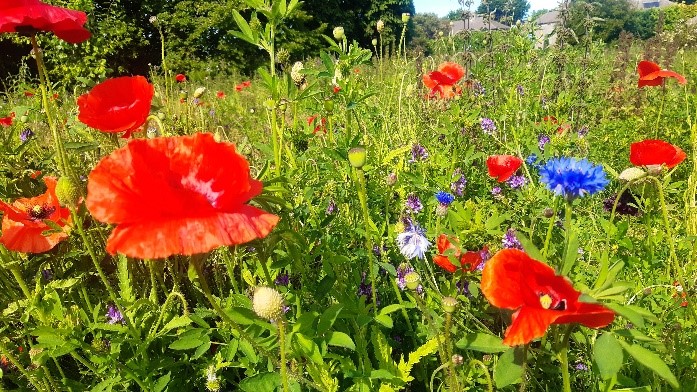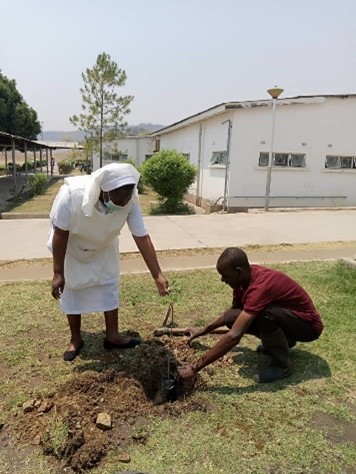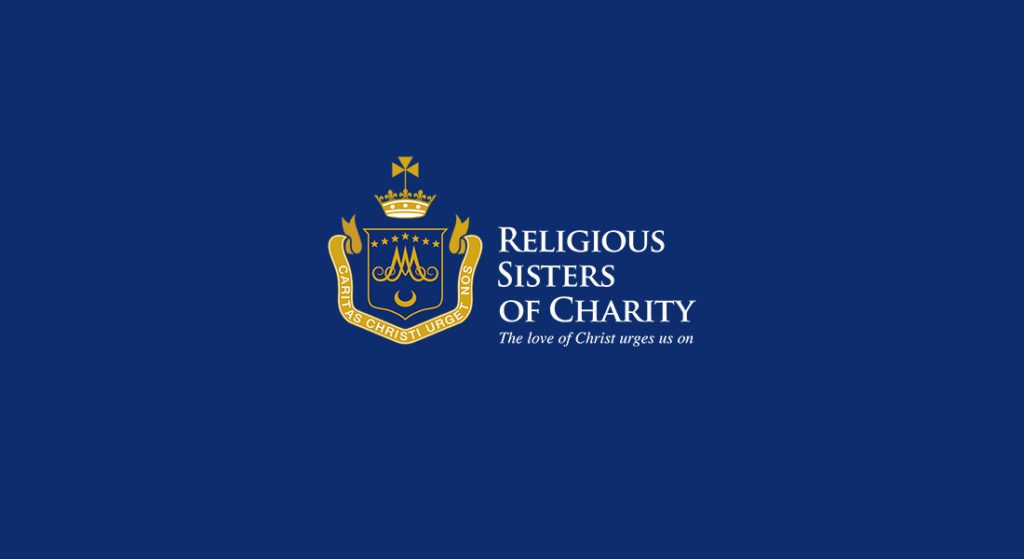
A  decade ago, the United Nations declared October 11th the International Day of the Girl Child, a day dedicated to raising awareness of the challenges girls face, to promote their empowerment and the fulfilment of their human rights. It is an important part of our mission to provide supports to work towards these goals. Our Sisters in Nigeria, Zambia and Malawi are involved in education, anti-trafficking, and child advocacy campaigns, all aligned with the goals of International Day of the Girl Child.
decade ago, the United Nations declared October 11th the International Day of the Girl Child, a day dedicated to raising awareness of the challenges girls face, to promote their empowerment and the fulfilment of their human rights. It is an important part of our mission to provide supports to work towards these goals. Our Sisters in Nigeria, Zambia and Malawi are involved in education, anti-trafficking, and child advocacy campaigns, all aligned with the goals of International Day of the Girl Child.
Education
We have over 5,000 girls in our primary and secondary schools in the Zambia/Malawi and Nigeria regions. Through an education programme and open dialogue with students and their families, we encourage girls to seek to finish their education and take practical steps to support each and every girl in this endeavour. Often, to do this requires open dialogue and engagement to challenge the societal norms. This involves discussing with students, staff and family how to dispel/remove preconceptions so that female students can gain respect and be empowered to fulfil their potential. Misean Cara, an international and Irish-faith based NGO, works together with our Sisters to remove the potential barriers that exist – physical and societal. For example, some students have to walk huge distances to get to school – over 10km each way in some cases. We and Misean Cara organised over 200 bicycles to enable students to travel to school more easily, saving them hours of travel each day.
Anti-trafficking
Eight RSC Sisters are involved in anti-trafficking missions and projects in Nigeria. This is dangerous work but they relish their ability to create change and work in collaboration with local governments, tribal chiefs and NGOs. In Nigeria, we also work with bodies such as JDPC (Justice Development and Peace Commission), the government agency NAPTIP (National Agency for the Prohibition of Trafficking in Persons) and ACVPN (Advocacy for Children and Vulnerable persons Networks).
A key part of combatting human trafficking is raising awareness more widely in the community to educate men, women, boys and girls of the potential for females. We work extensively in this area delivering talks and hosting dialogue and discussion on the subject in schools, churches and community centres, mostly in rural areas. Some girls may have been taken from their rural villages to work as household staff for little to no pay while others have been repatriated from abroad. The girls rest and recover from their experiences in rented apartments while we source psychological, financial or medical help. Members of the local community are actively encouraged to anonymously report possible cases of trafficked girls. We then liaise with their partner organisations to see to protect those individuals who are being mistreated or suffering from abuse.
Child advocacy campaigns
Over one hundred Sisters in Zambia, Malawi and Nigeria have undergone safeguarding training with Misean Cara, CORAT Africa and various dioceses. These sisters have also been trained to train others. Sr Kayula Lesa, a member of the Pontifical Commission for the Protection of Minors, also runs a ‘train the trainers’ programme to train local people (teachers, mentors, church workers and parents) to spot the signs of child abuse as well as human trafficking.
Through education, anti-trafficking campaigns and child advocacy campaigns, the Congregations support the International Day of the Girl Child.
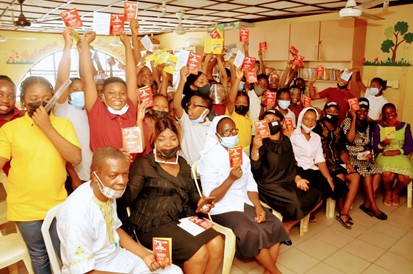
Anti-human trafficking and Child Abuse Programme Lagos
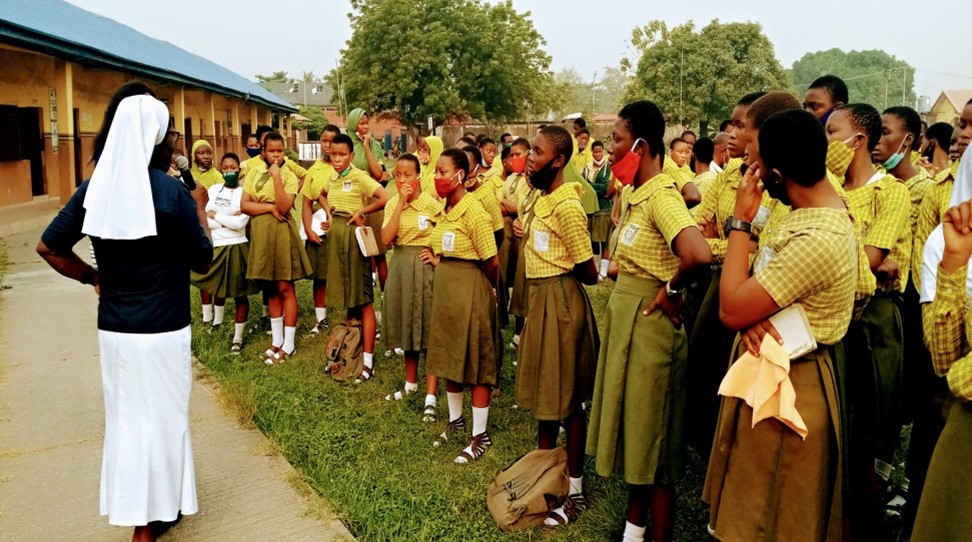
Human trafficking awareness campaign in secondary schools
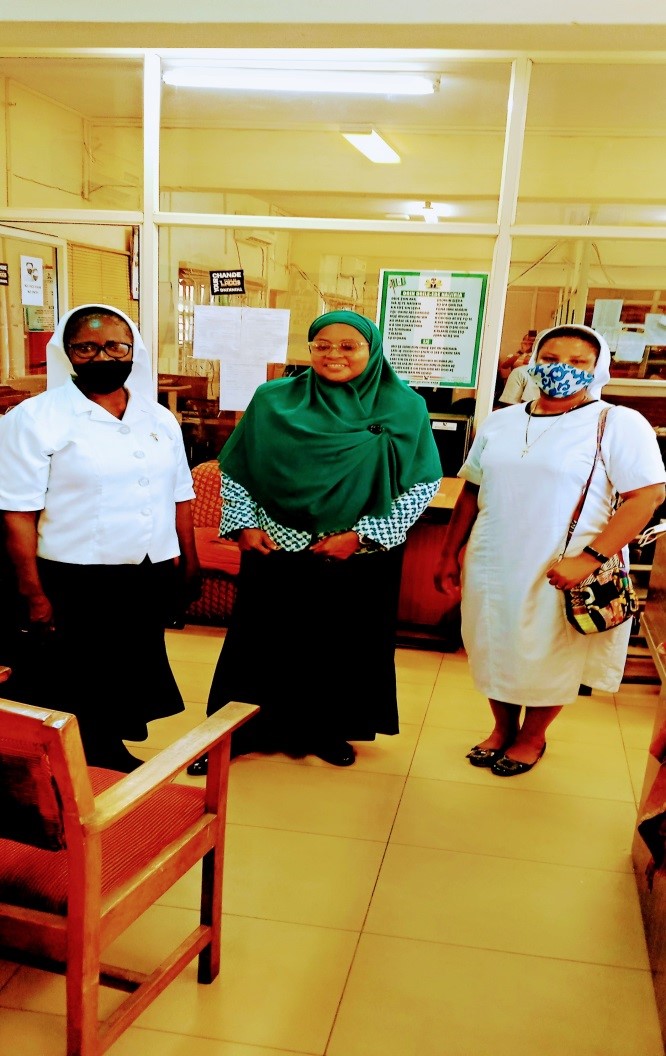
Advocacy to the Lage State Ministry of Education and other government bodies


